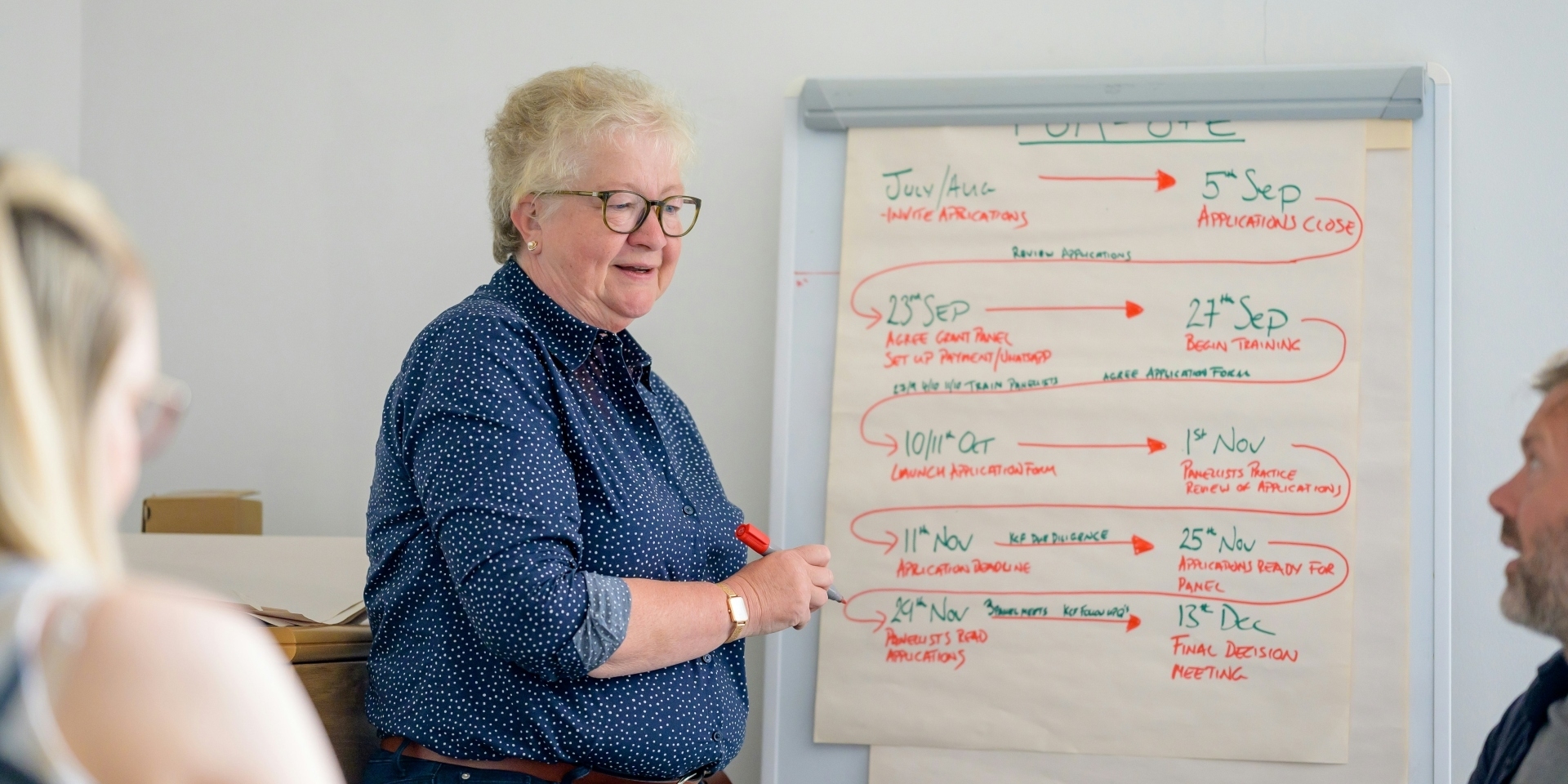March 2025
Key Lessons from Recent Bidding Rounds

The competition for skills funding has intensified as the UK government and local authorities increasingly target funding at specific priorities, such as green skills, digital transformation, and levelling up. For training providers, colleges, and other organisations, preparing for future funding calls is essential to staying competitive in a dynamic landscape.
This blog distils lessons learned from recent bidding rounds and provides actionable strategies to help you prepare and submit successful applications.
Lesson 1: Understand Funding Priorities
Recent funding rounds have been shaped by clear themes, such as addressing regional skills shortages, advancing net-zero goals, and upskilling in digital and technical fields. Successful bids align closely with these priorities, demonstrating not just compliance but also innovation.
Key Actions:
- Review tender documentation and policy guidance carefully to identify key priorities.
- Research Local Skills Improvement Plans (LSIPs) and economic development strategies to understand regional needs.
- Frame your bid to show how your proposal will address these needs while supporting broader national goals.
Lesson 2: Start Preparing Early
One common pitfall for organisations is leaving bid preparation until the last minute. Winning bids are built on robust evidence and thorough planning, which takes time.
Key Actions:
- Build a Bid Library: Maintain a repository of up-to-date documents such as case studies, testimonials, and organisational policies. These resources can be customised for each funding call.
- Gather Data: Collect quantitative evidence, such as labour market data and programme outcomes, to substantiate your proposal.
- Engage Stakeholders: Build relationships with employers, community organisations, and local authorities early to secure letters of support and strengthen your bid.
Lesson 3: Learn from Past Submissions
Every bid submission, whether successful or not, provides valuable lessons. Evaluator feedback can offer insights into areas for improvement and reveal trends in what funders value.
Key Actions:
- Analyse Feedback: Review scoring sheets and comments to identify patterns, such as weak areas in delivery models or lack of alignment with priorities.
- Identify Gaps: Address recurring weaknesses in your bids, such as insufficient employer engagement or unclear sustainability plans.
- Benchmark Success: Examine successful bids to understand what made them stand out, from evidence use to narrative structure.
Lesson 4: Collaborate for Success
Collaboration is increasingly important in funding calls, particularly those requiring partnerships to address complex skills challenges. Funders value bids that demonstrate strong relationships and shared objectives.
Key Actions:
- Partner Strategically: Collaborate with other providers, local authorities, or employer networks to strengthen your bid.
- Share Evidence: Pool resources, data, and case studies with partners to create a compelling joint submission.
- Formalise Agreements: Use memorandums of understanding or partnership agreements to demonstrate commitment and readiness.
Lesson 5: Craft a Clear and Compelling Narrative
A successful bid is more than a collection of facts; it tells a story that persuades evaluators of the value and impact of your proposal. Recent bidding rounds highlight the importance of clarity, structure, and alignment.
Key Actions:
- Highlight Impact: Clearly articulate the benefits of your programme for learners, employers, and the wider community.
- Use Plain Language: Avoid jargon and ensure your bid is accessible to non-specialist evaluators.
- Follow the Guidelines: Adhere strictly to word counts, formatting requirements, and submission deadlines to avoid disqualification.
The lessons from recent skills funding calls underline the importance of preparation, alignment, and collaboration in crafting successful bids. By starting early, leveraging feedback, and aligning with local and national priorities, organisations can increase their chances of securing funding and delivering impactful programmes.
If you’re looking for expert support to prepare for future skills funding opportunities, contact us. Our experienced bid writing and management team can help you navigate the complexities of funding applications and maximise your chances of success.






